SEG Solar officially opened its new photovoltaic module manufacturing facility in Houston on August 8 with a gala event featuring a ribbon-cutting ceremony and live country music. The automated factory line has an initial capacity of 2 GW of n-type panels per year with plans to expand to 5 GW by 2030.
“You see this facility?” said Jun Zhuge, SEG’s founder and chief operating officer, addressing an audience of mostly customers, partners and local officials gathered for the opening. “We have invested $60 million right here in Houston. We’re not just talk.”
The new factory and headquarters complex features 145,000 square feet of manufacturing and warehouse space and 16,000 square feet of office space. The fully automated production line – SEG claims it’s the longest PV line in the world – takes in glass and cells and runs through production stages over conveyor belts all the way through framing and packaging. There are numerous stations for various inspection and quality assurance processes. The hands-off line requires 12 technicians to attend the machinery, although more were on hand for training purposes.
“We don’t just want to make money,” Zhuge said. “We want to build solar manufacturing in this country. We want to bring all of the supply chain to this country.”
Conceived by co-founders Zhuge and Jim Wood, who serves as chief executive officer, SEG Solar was launched in California in 2016. Through 2021 the company established cell and module factories in Southeast Asia and China. The photovoltaic cells that feed the Houston operation are sourced from Indonesia, but the company says it is committed to producing cells in the U.S.
A veteran of investment banking and solar installation businesses, Wood eventually went to work for a large Chinese solar manufacturer. He teamed up with Zhuge and other partners with industry experience, and they decided there was a real opportunity to establish a successful American module producer under the right circumstances.
“We looked at a lot of the lessons that we’ve learned from myself and other folks here working at other manufacturers and we said, we’re going to lean heavily into automation,” Wood told pv magazine USA, adding that the production machines are the largest of their types available. “Those stringers are 1.3 times faster than any other stringers in the world. So because we’re fully automated, because the capacity of those lines are larger, because the machines run faster, we’re able to be as competitive here as we would be in Southeast Asia.”
According to Wood, the company looked at other regions to establish its U.S. manufacturing base but decided that Houston offered a number of key advantages for SEG Solar’s strategic development plans. He cited Houston as having one of the best ports in the country, a large and educated labor force with many skills and a very friendly business atmosphere. Moreover, Texas is already the second largest solar market in the U.S. with 42 GW installed as of Q2 2024, according to the Solar Energy Industries Association, and is poised to become number one next year.
Wood stresses that SEG Solar’s purpose is not to satisfy domestic content requirements or circumvent tariffs. It is a 100% U.S.-owned company, with the principals assuming financial as well as managerial responsibility for its operations.
“SEG is financed internally,” he said. “We don’t have private equity. There are no external owners. We haven’t taken any outside debt. We’re a true American company where we’ve taken our profits, recycled them and grown this business organically.”
This content is protected by copyright and may not be reused. If you want to cooperate with us and would like to reuse some of our content, please contact: editors@pv-magazine.com.
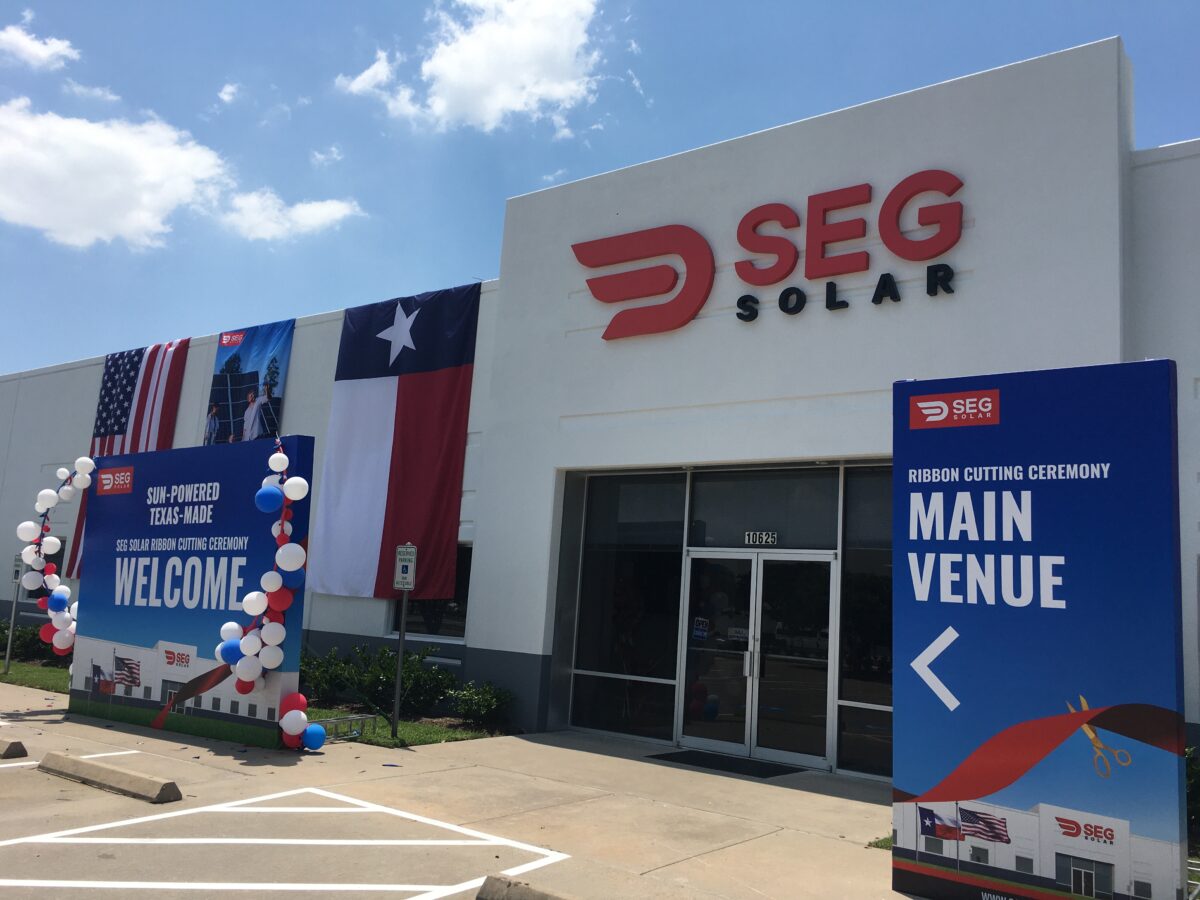
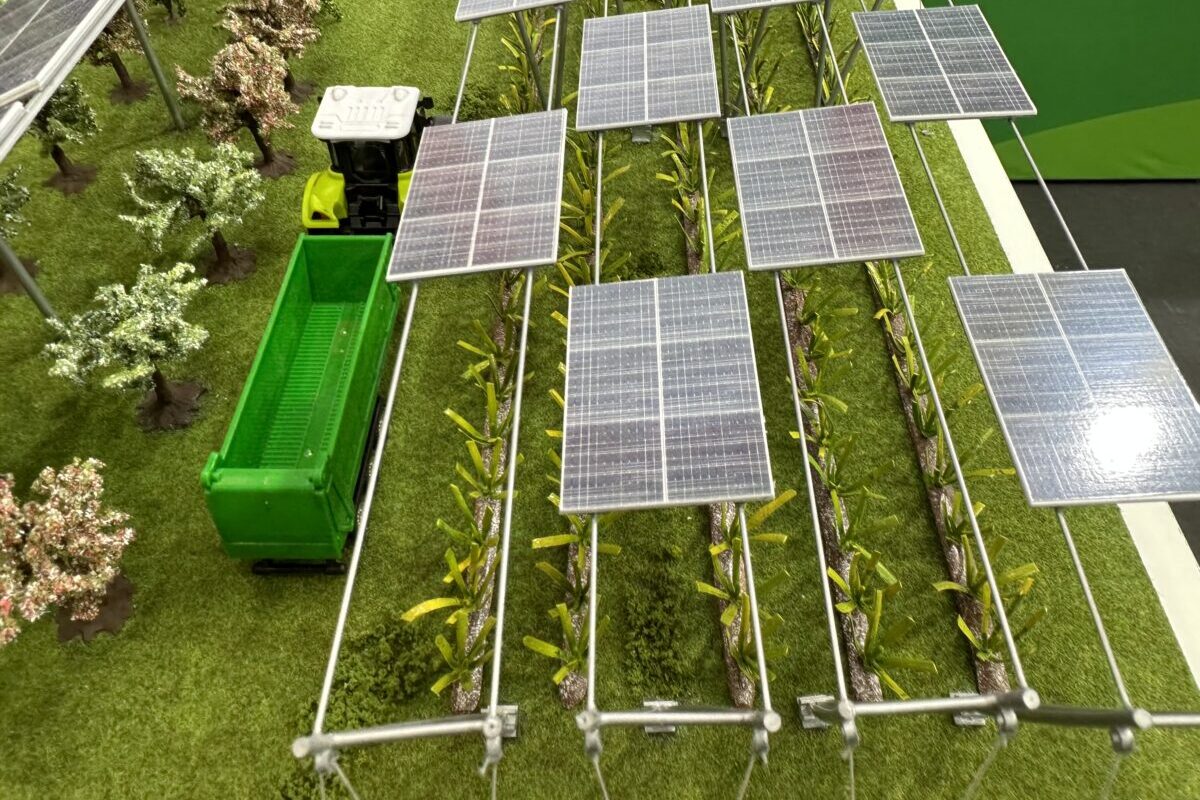


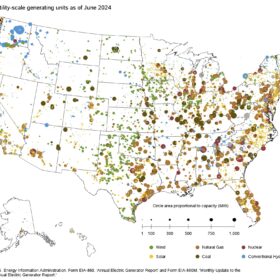
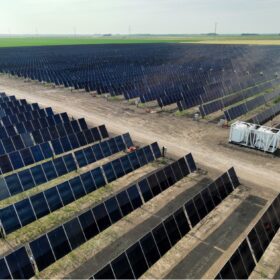
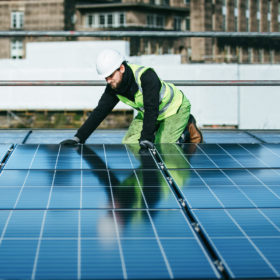

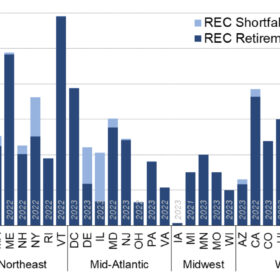
By submitting this form you agree to pv magazine using your data for the purposes of publishing your comment.
Your personal data will only be disclosed or otherwise transmitted to third parties for the purposes of spam filtering or if this is necessary for technical maintenance of the website. Any other transfer to third parties will not take place unless this is justified on the basis of applicable data protection regulations or if pv magazine is legally obliged to do so.
You may revoke this consent at any time with effect for the future, in which case your personal data will be deleted immediately. Otherwise, your data will be deleted if pv magazine has processed your request or the purpose of data storage is fulfilled.
Further information on data privacy can be found in our Data Protection Policy.